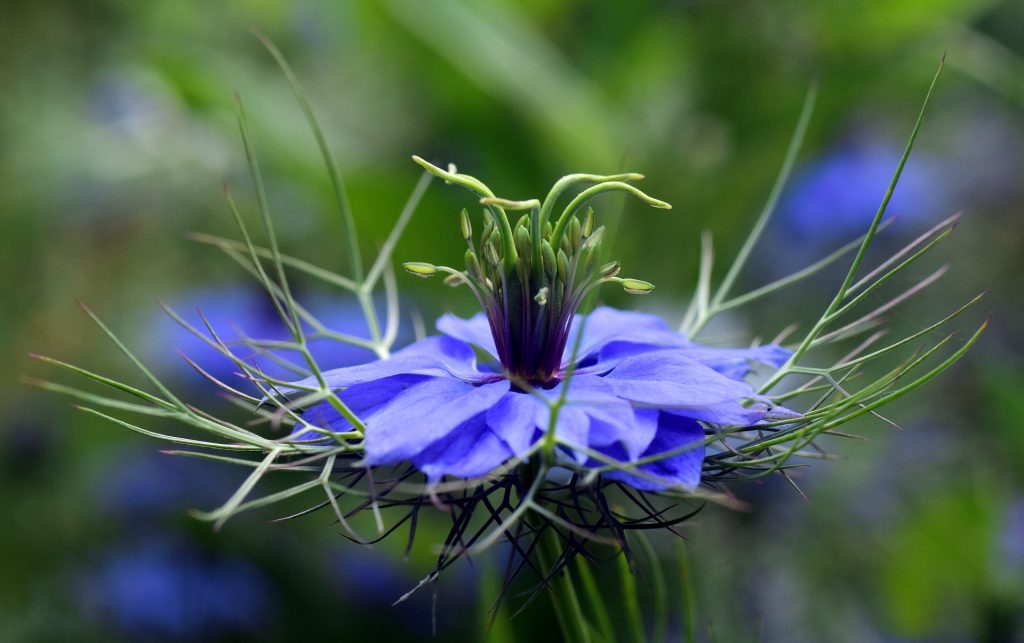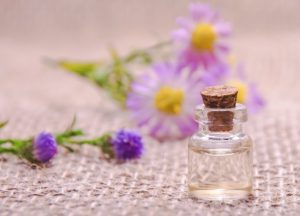Immune Boosting Herbs
With the coronavirus pandemic on most people’s minds, I wanted to explore the research on a few immune boosting herbs. If you’re interested in my thoughts directly on coronavirus treatment, you can read my previous article here. The herbs below are not intended to be coronavirus treatments, although they all may help in some types of infectious and/or inflammatory diseases.
Echinacea

While echinacea is a classic herb for boosting immune response, the research data is decidedly mixed. Some of the confusion may come from different species of plant that are used, including purpurea, pallida and angustifolia. In addition, studies have used different parts of the plants: roots, flowers, upper parts and whole plant.
A Cochrane Review (usually considered the gold standard) found evidence for no benefit with echinacea for treating colds directly. However, evidence suggests a modest 10-20% reduction in the incidence of colds with echinacea used for prevention (Karsch-Volk 2014). A more recent clinical trial using echinacea over 4 months for prevention and treatment of upper respiratory tract infections showed a reduced number of colds, reduced severity and reduced duration (Ross 2016). And the most recent review in 2019 found the same preventative effects for upper respiratory infections as the Cochrane review, around 20% (David 2019).
Immune stimulating and balancing effects have been shown in cellular and animal models for echinacea (Catanzaro 2018). Data on treating overactive immune responses and inflammatory conditions in humans is very preliminary. However, one clinical trial for autoimmune induced eye inflammation showed an impressive 87.5% stable or improved condition with echinacea treatment (Neri 2006).
While I have personally used echinacea, due to the mixed results it’s not necessarily my first choice. Still, some may benefit and certain preparations may work better than others. Side effects are typically mild, although allergies have been reported. There have been extremely rare cases of liver injury associated with echinacea, but with such widespread safe use, these cases are not definitive (LivTox 2019).
Astragalus
Astragalus is a Chinese herb often used to support immune function. In preclinical studies, astragalus appears to increase immune signalling and white blood cell production along with having antibacterial and antiviral activities (Block 2003). Studies also show anti-inflammatory effects (Qi 2017). In addition, mouse studies show immune activation of both specific and non-specific immunity (Fu 2014). Improved vaccination response has also been documented in animals (Zhang 2017, Abdullahi 2016, Shan 2019).
Human studies suggest beneficial immune activation with astragalus (Brush 2006). A Chinese trial showed that high dose astragalus given intravenously decreased infections by approximately 80% in lupus nephritis, a type of kidney disease (Su 2007). These results really need replication to verify such a large benefit. A small review of two studies in children with nephrotic syndrome, another type of kidney disease, showed that oral astragalus almost halved the incidence of upper respiratory infections (Zou 2013). The authors stated that the quality of evidence is low, but still worth considering.
Astragalus does have some challenges for use. It’s usually taken in larger quantities and it tastes and smells unpleasant. At least the herb appears to be safe (Fu 2014). As more research is completed, we may better establish some of its immune enhancing potential in human diseases.
Black Seed (Black Cumin)

Nigella sativa, often called black seed or black cumin, is a revered herb from the Middle East. The black seeds contain a compound called thymoquinone that appears to have potential benefits. Preclinical data shows that black seed inhibits inflammatory pathways (Houghton 1995). Rat and mouse studies show significant anti-inflammatory effects as well (Majdalawieh 2015).
Data appears to indicate immunomodulatory effects or immune balancing effects from black seed. Animal studies on sinus infections showed benefits from black seed and its active constituent thymoquinone that were similar to antibiotic treatment (Yoruk 2017, Cingi 2011). Documented immune system effects include changes in white blood cell activity and antibody responses (Majdalawieh 2015).
In human infections, limited preliminary data appears to support benefits as well. In a human trial of patients with hepatitis C, significant reductions in viral load were noted with black seed (Barakat 2013). A trial on H. Pylori, the bacterium that causes stomach ulcers, showed a combination of honey and black seed was around 60% effective in clearing the infection (Hashem-Dabaghian 2016).
For autoimmune diseases, a study on rheumatoid arthritis showed modest improvement in symptoms with black seed oil (Gheita 2012). While data is very preliminary, black seed is typically well tolerated and has a long history of use as a spice.
Conclusion
Herbal approaches for enhancing and modulating immunity may hold promise in helping with some infectious and inflammatory diseases. As more research is completed on these herbs, we may eventually have additional safe options for helping treat these challenging conditions.



